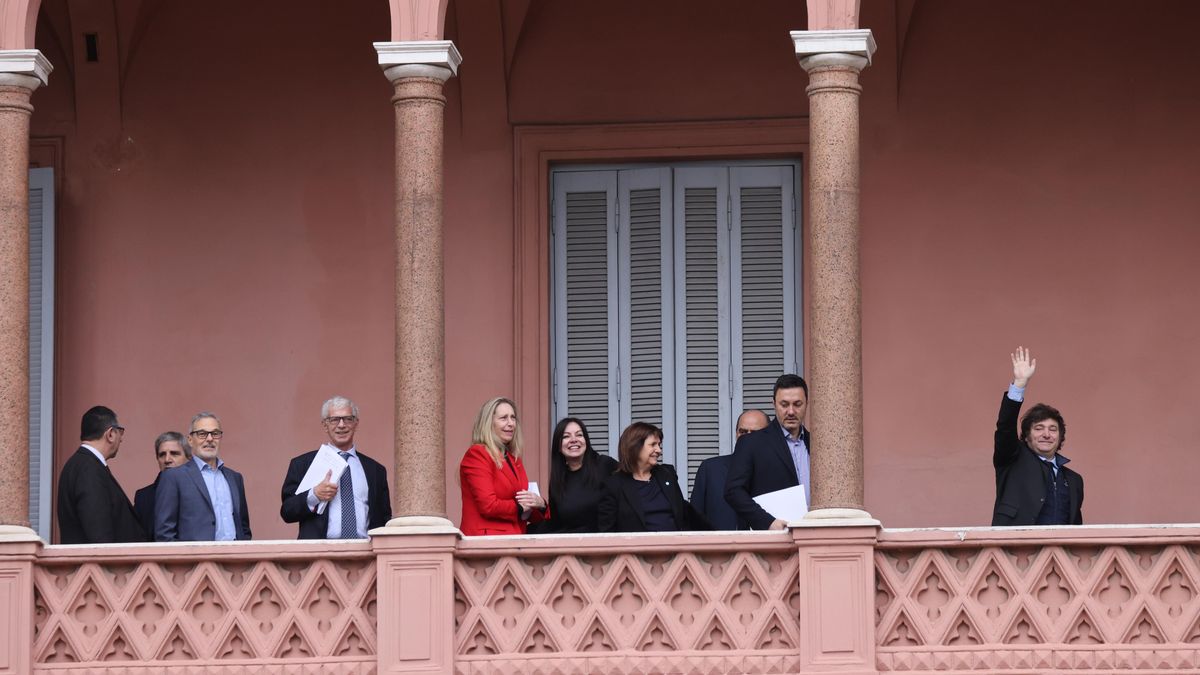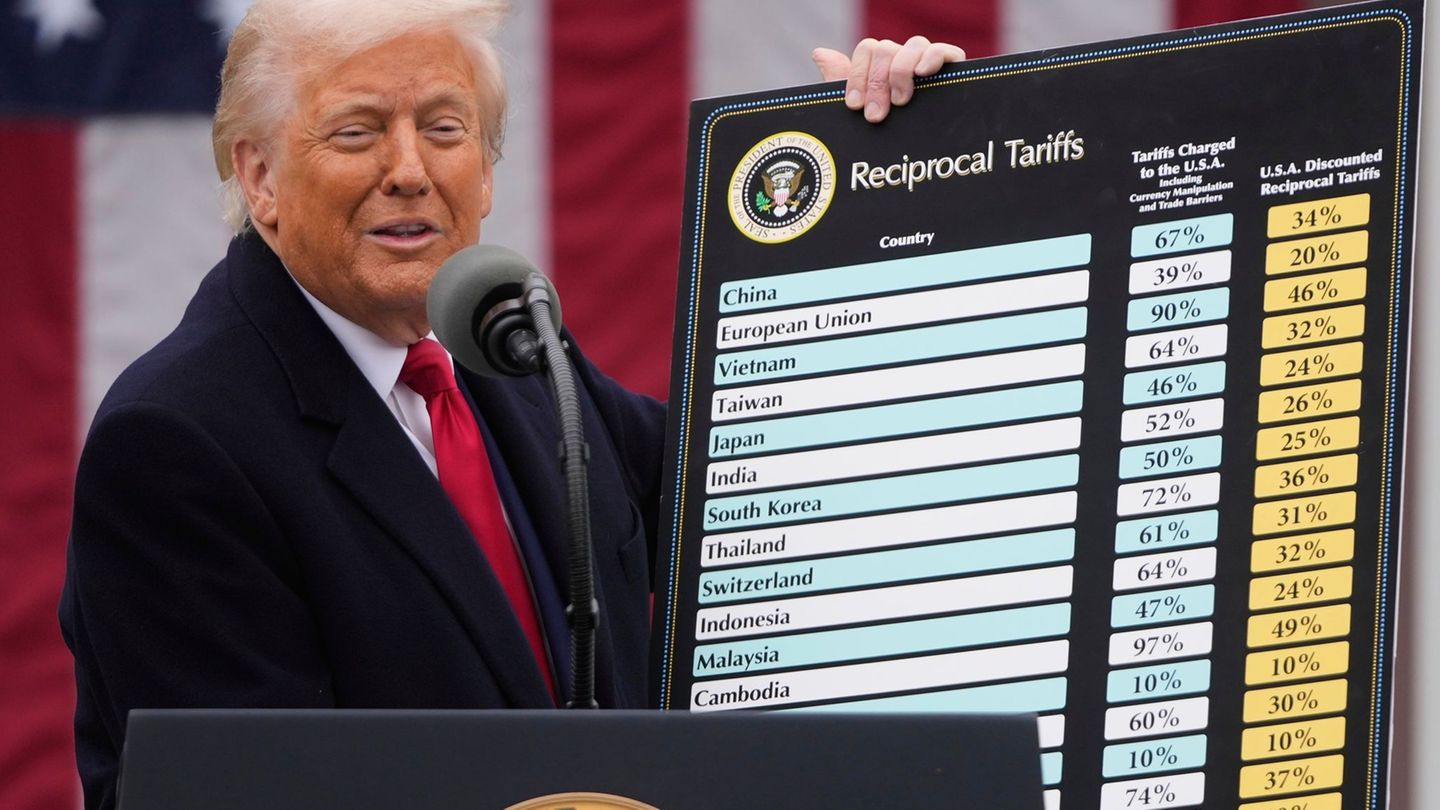Today the Executive can – and in fact does – not respond to requests for information, specialists in the field point out. In any case, one of the problems that official media detect is the lack of filters in orders that lead to abuses.
Thus, queries have been received regarding “the brand of tea we drink, the breed and color of our pets,” as the presidential spokesman pointed out days ago Manuel Adorni. This official stated that during the administration of Javier Milei “multiplied by ten” requests for public information. It is estimated that so far this year, 1,000 requests have been received 7,000 orders of public information, according to a close associate of the President.
The spokesman clarified that “The decree is not against information, it is simply an attempt to regulate things that do not benefit the treasury or the honesty of officials, and which also concentrate a lot of resource use. In addition, no legal protection or legal action has been taken for the responses.”
In his usual press conference, the spokesman said on Tuesday:“We are defenders of public information and that you have access to all the information that concerns the performance of the official in different acts, with regard to the use of public resources and that will have absolutely no limitations.”
Reviews
Adorni did not point it out, but in the ruling party there are criticisms of the head of the Agency for Access to Public Information, Beatriz de Anchorenaan official inherited from the previous administration who, according to the Government, “does not properly receive orders”.
In the Casa Rosada it is also said that the decision to carry out the restrictive decree had a lot to do with the President Milei’s anger at what he considers an invasion of his privacy. It should be noted that the law expands the exceptions that allow the State to deny information requested by citizens and establishes that “information containing data of a private nature that was generated, obtained, transformed, controlled or kept by private individuals or legal entities or due to the absence of a compromised public interest shall not be understood as public information.”
There are those in the Government who believe that the specific law (27,275, sanctioned on the initiative of the former president Mauricio Macri) “has errorsthey copied it from an American law, but public information is only for public documents.” They add that “under the banner of democracy and the present State, what ends up happening is that the private sphere is diluted. And that is why privacy is not respected. It is not a minor discussion.”
The latest information indicates that the Government “is willing to listen to suggestions”, but also maintains that “There will be no changes in the regulations”. In this regard, they confess that the decree finally approved constitutes “the most moderate version because There were members of the Executive who wanted to further limit information.”
The criteria supported by the authorities is that public officials dedicate themselves to their public duties during the day and from the moment they get home, their activities move into the private sphere. They give as an example that “if a minister has dinner with a businessman and it turns out that this businessman is later favored in a tender, then an investigation can be carried out, but as long as this does not happen the public official can eat with whomever he wants.”
For other officials, the problem is the lack of effective sanctions for those who slander or insult. It happens that, due to the lack of updating, “fines that today have a maximum limit of 30,000 pesos.” “It costs almost nothing to lie or operate against someone”they say in the Rosada.
Source: Ambito




